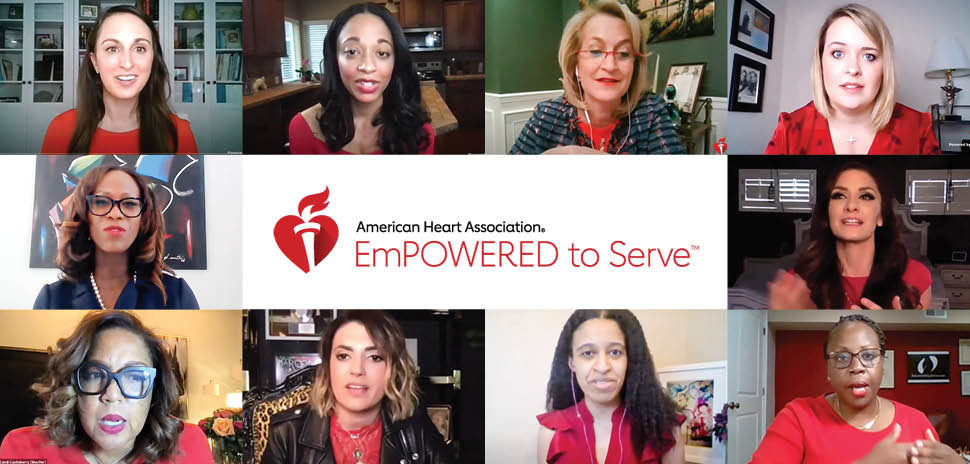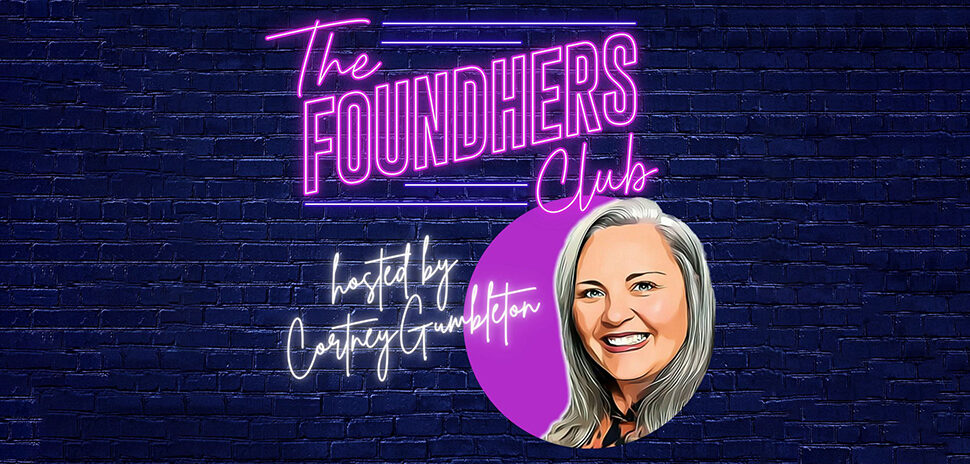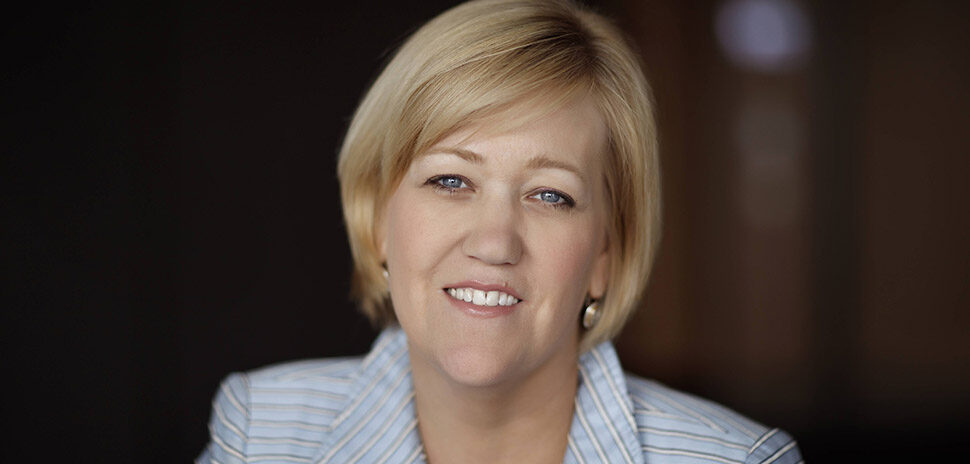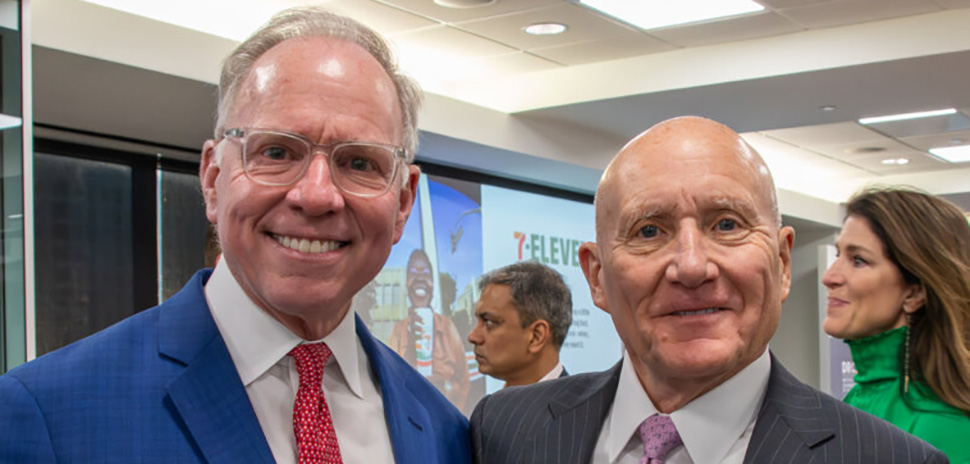Chronic stressors like long work hours, financial stress and work-life conflict may be as harmful to health as secondhand smoke, according to the AHA, since stress can lead to risk factors for heart disease and stroke such as high blood pressure.
Chronic stressors are more likely and more intense for minorities, and are linked to serious effects like hypertension and heart disease, which is the number one killer of women. Hypertension is also a major contributor to strokes, which black women are at a higher risk than average for.
At the same time, there is a strong mental health stigma in many minority communities which often interferes with people’s ability to ask for help.
That reality was the catalyst for the Mental Resilience Roundtable, which is part of a larger series that the AHA has been hosting since the start of this year in partnership with the AHA’s signature women initiative, the Go Red for Women Movement. “The series aims to shed light on topics critical to the health and wellbeing of women of color,” said Pamela Johnson, National VP of Health Equity and Partnerships, at the event.
February was about Black women navigating the pandemic, March was about opioid use and CPR training, and April focused on the very real health impact of mental stressors as well as sustainable coping mechanisms.
Listeners were able to tune in for free, and get expert advice from Black professionals and medical experts in a candid and open conversation about mental health.
“Caring can be really exhausting,” said Dr. Brandi Pritchett-Johnson, a licensed psychologist and owner of the Diane Morgan Group, who was a panelist at the event. She said this as she spoke on the experience of being black in a time when the news is constantly featuring stories about death in your community, on top of a pandemic and an economic recession which disproportionately impact your racial group.
“Our fat cells store stress,” she said, which happens in the form of cortisol build-up in the body. This can lead to foggy brain, chronic fatigue, and physical adaptations like a hump at the base of the neck and in the shoulders, according to Dr. Pritchett-Johnson, something that women of color suffer from at higher rates than others.
“Resilience is almost a double-edged sword,” said Dr. Pritchett-Johnson at the event. When emotional exhaustion is so common within a group, it’s easier to gloss over serious mental health issues as a normalized way of life, before it evolves into something else like hypertension. “Learn how to be attuned to your body,” she said.
Emphasized at the event was the importance of vulnerability and asking for help, and, when you can, paying for help in the form of house cleaning and caretaking for family. “You don’t have to do everything, you don’t have to control everything,” said Arisha Smith, panelist and Chief Revenue Officer at Streamlytics. “It was okay to pay for it now, rather than to pay for it later on with my health.”
In terms of resources, the panelists pointed to counseling, spirituality, and being proactive about creating authentically supportive communities.
The May EmPOWERED Women’s Roundtable event — Maternal Heart Health and Why Gaps Exist — was hosted on May 11th discussed the risk of cardiovascular diseases before, during, and after pregnancy, and the heightened risk for women of color.
“We know that people in this country are more stressed than ever. We have all grappled with the effects and uncertainties of the pandemic in our personal and professional lives,” said Nancy Brown, CEO of the AHA. “We also know that women of color suffer disproportionately from adverse life experience like discrimination and racism that can lead to anxiety and toxic levels of chronic stress.”
“As champions of health equity we are committed to work every day to ensure each person has the opportunity to live a full and happy life,” said Brown.
![]()
Get on the list.
Dallas Innovates, every day.
Sign up to keep your eye on what’s new and next in Dallas-Fort Worth, every day.






























